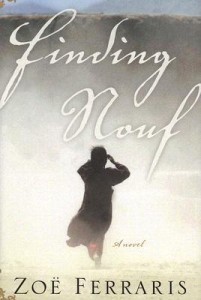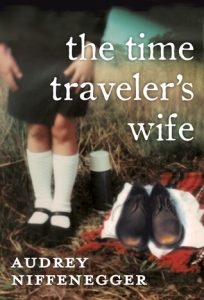 I finally picked up The Time Traveler’s Wife by Audrey Niffenegger as a throwaway book for my trip to India. I’d heard so much about the book and the movie, but I just didn’t think it would be my thing. But reading this book in India had a lot more meaning for me than reading it at any other time would have.
I finally picked up The Time Traveler’s Wife by Audrey Niffenegger as a throwaway book for my trip to India. I’d heard so much about the book and the movie, but I just didn’t think it would be my thing. But reading this book in India had a lot more meaning for me than reading it at any other time would have.
See, I’m on a little bit of a spiritual quest here.
That isn’t why I said yes when my mom suggested traveling to India, but being here has triggered all kinds of memories and desires and spirituality that I’d let lie dormant for a very long time so in the story of Clare and Henry as they encounter each other throughout time, I couldn’t help but think about predestination and reincarnation and who I’m meant to be.
Clare and Henry
First let’s talk about the book. Henry first meets Clare when she’s a little girl. He’s got a genetic mutation that sends him traveling through time at the slightest stress and he meets her many times over the years as she ages. Sometimes he is older when he meets her and sometimes younger, because he’s drawn to moments from different times in his life. There are rules to time travel, though, and Henry can never reveal the future to Clare, the woman who will become his wife.
There was so much set in this book, that I really did start to wonder about predestination. Although Henry sometimes violates the rules a little (with no real consequences), he never veers from the path of his and Clare’s relationship. I liked that to a certain extent, but it also made me feel boxed in. I loved that they seemed to belong to one another throughout time (and would have liked it more had this book veered into reincarnation), but I longed to see what would happen if they started their relationship earlier or changed something (anything) up to see if their lives together could be better or longer (although what I thought was sweetest about the film About Time which is also about time travel and I liked better was the fact that the main character there just wants to relive the best moments of his life).
Predestination in Real Life
So here I am in Varanasi, the holiest city in India (if not the world) and I’m wondering if there is in fact a set path for each of us. I’m traveling with one woman who near the beginning of the trip was waxing lyrical about the good old days when she never wore a bra. It seemed as though she had become more conservative with age, although she had regrets. Then one day she wanted to go swimming and she jumped into the water in her t-shirt and panties and I wondered if she was finding a bit of that person she used to be.
Another fellow traveler was in the Peace Corps in India in the 1960s and I’ve been watching him dig into the languages he used to know (he’s less rusty than I am at any of mine), eat the foods he missed, and even rediscover some memories of trips he had taken way back when. It seems like he’s finding the person he once was too.
As for me, I first fell in love with the idea of India in undergrad as I took some classes in non-western art and architecture. I saw images of Khajuraho. And of Varanasi.
I even made a sculpture that resembles the offerings made to the river. And then life happened and I read books with Buddhist leanings but failed to really investigate those pulls. I ate Indian food occasionally and even visited a Gurudwara when my Indian best friends got married. But none of it was really about finding what called to me about India or who that person was who used to dream of visiting the birthplace of Hinduism and Buddhism.
My Identity
Last night I made an offering to the River Ganges. And this morning I watched the sun rise over her banks. I visited Sarnath, where the Buddha first declared his enlightenment.
And I don’t know who I am yet. I may never know fully who I am meant to be. But I do know that the things and places that called to me so long ago deserve investigation. I owe that to me. And because becoming a fuller person and allowing myself the curiosity to explore the world makes me a better wife, friend, and person, I owe that to everyone else too.
It might be a while before I embark on my next transcontinental examination of self, but someday you will find me doing the following: revisiting the feeling of the mists and butterflies of Iguacu Falls, peering into ancient volcanoes in Africa, and walking the streets of an ancient Italian hill town. With any luck, I’ll get to share all of those adventures and more with my husband. I may not ever know what any of those strong pulls mean, but I’ll never find out from the comfort of my couch.
I’m leaving The Time Traveler’s Wife in India, but I’m not sorry I read it. What experiences have you had with intersections of who you are and who you used to be? I’d love to hear your stories.
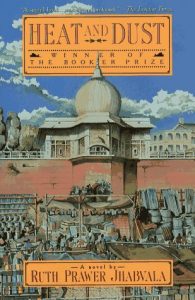 One of the things I was most afraid of in coming to India was replicating the colonial experience. This frightened me because I despise the exploitation of other peoples and cultures and I thought with my oh-so-white skin and complete lack of skill with local languages and norms that I could not avoid being seen as one of those colonizers who expects to be treated as more and better. It also frightened me because I thought I might grow to like it.
One of the things I was most afraid of in coming to India was replicating the colonial experience. This frightened me because I despise the exploitation of other peoples and cultures and I thought with my oh-so-white skin and complete lack of skill with local languages and norms that I could not avoid being seen as one of those colonizers who expects to be treated as more and better. It also frightened me because I thought I might grow to like it.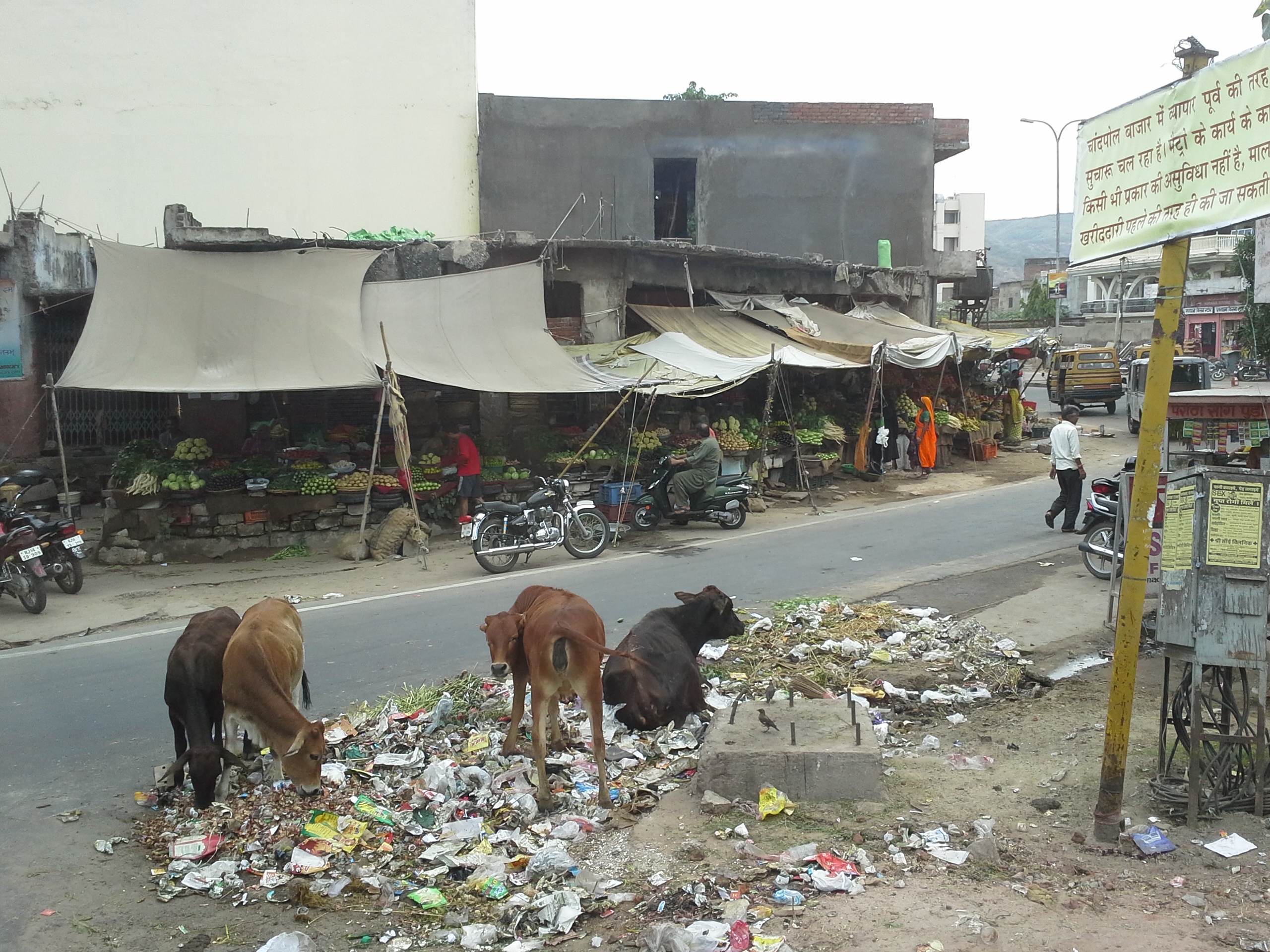
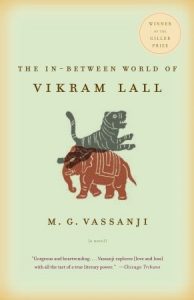 How many book reviews can I write about diaspora? Maybe a lot because the feeling of not knowing where or what home is is something I struggle with. So when I picked up The In-Between World of Vikram Lall by MG Vassanji as part of the great India book grab, thinking that because the author’s name sounded Indian, it must be about India, I was making an assumption that shows how much I want life to fit into identifiable little boxes. Instead, I found a story much more similar to my own life, a story of a man living away from his ancestral home and trying to figure out who that makes him.
How many book reviews can I write about diaspora? Maybe a lot because the feeling of not knowing where or what home is is something I struggle with. So when I picked up The In-Between World of Vikram Lall by MG Vassanji as part of the great India book grab, thinking that because the author’s name sounded Indian, it must be about India, I was making an assumption that shows how much I want life to fit into identifiable little boxes. Instead, I found a story much more similar to my own life, a story of a man living away from his ancestral home and trying to figure out who that makes him.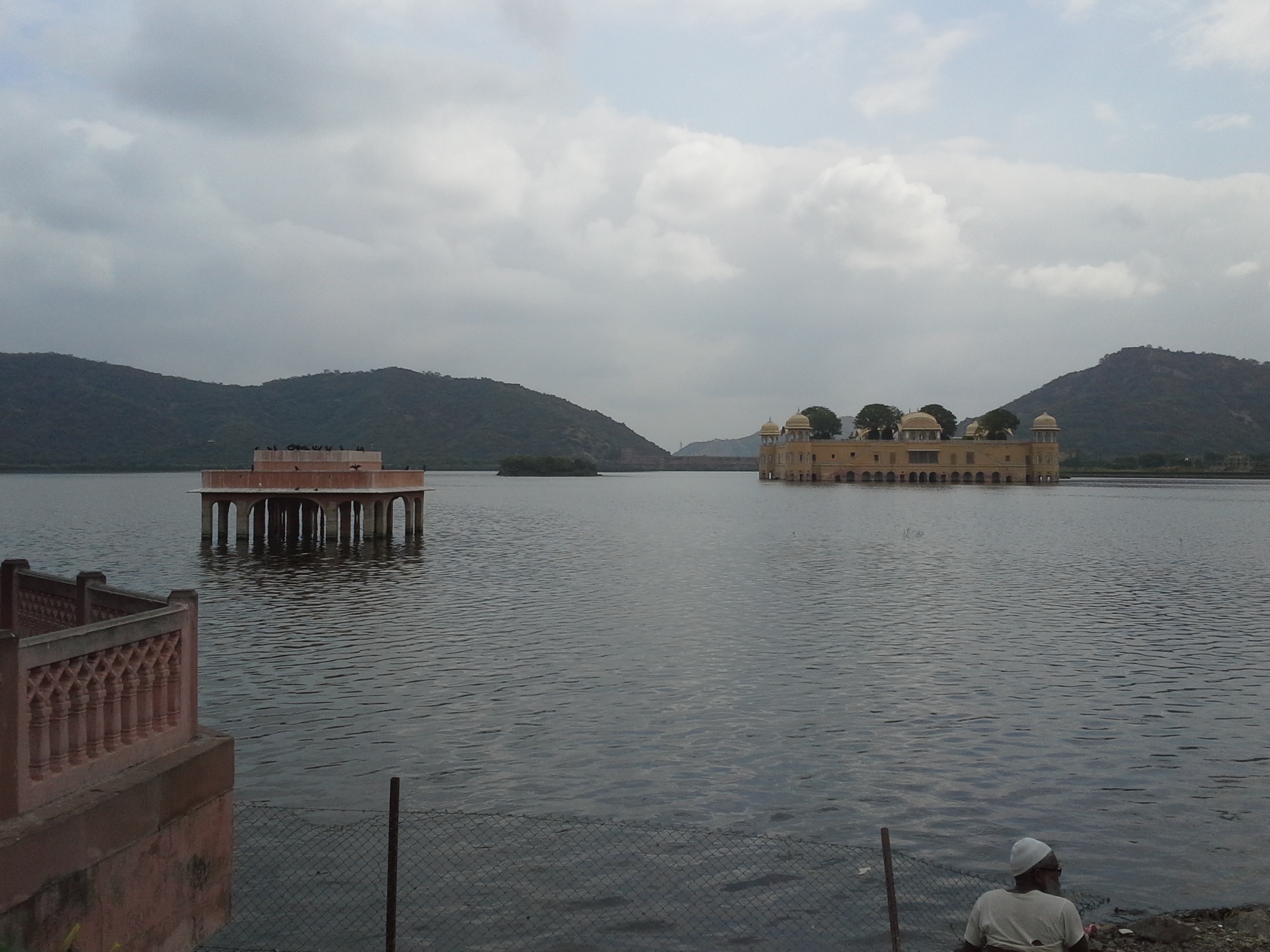
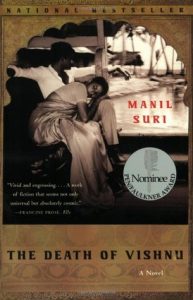 As preparation for this trip to India that I’m on, I gathered as much Indian literature around me as I thought I might be able to carry. I planned to read the books along the journey and then to leave them or share them with other travelers on the way. But one book, The Death of Vishnu called me to read it before I even left for the US and I’m so glad I did.
As preparation for this trip to India that I’m on, I gathered as much Indian literature around me as I thought I might be able to carry. I planned to read the books along the journey and then to leave them or share them with other travelers on the way. But one book, The Death of Vishnu called me to read it before I even left for the US and I’m so glad I did.